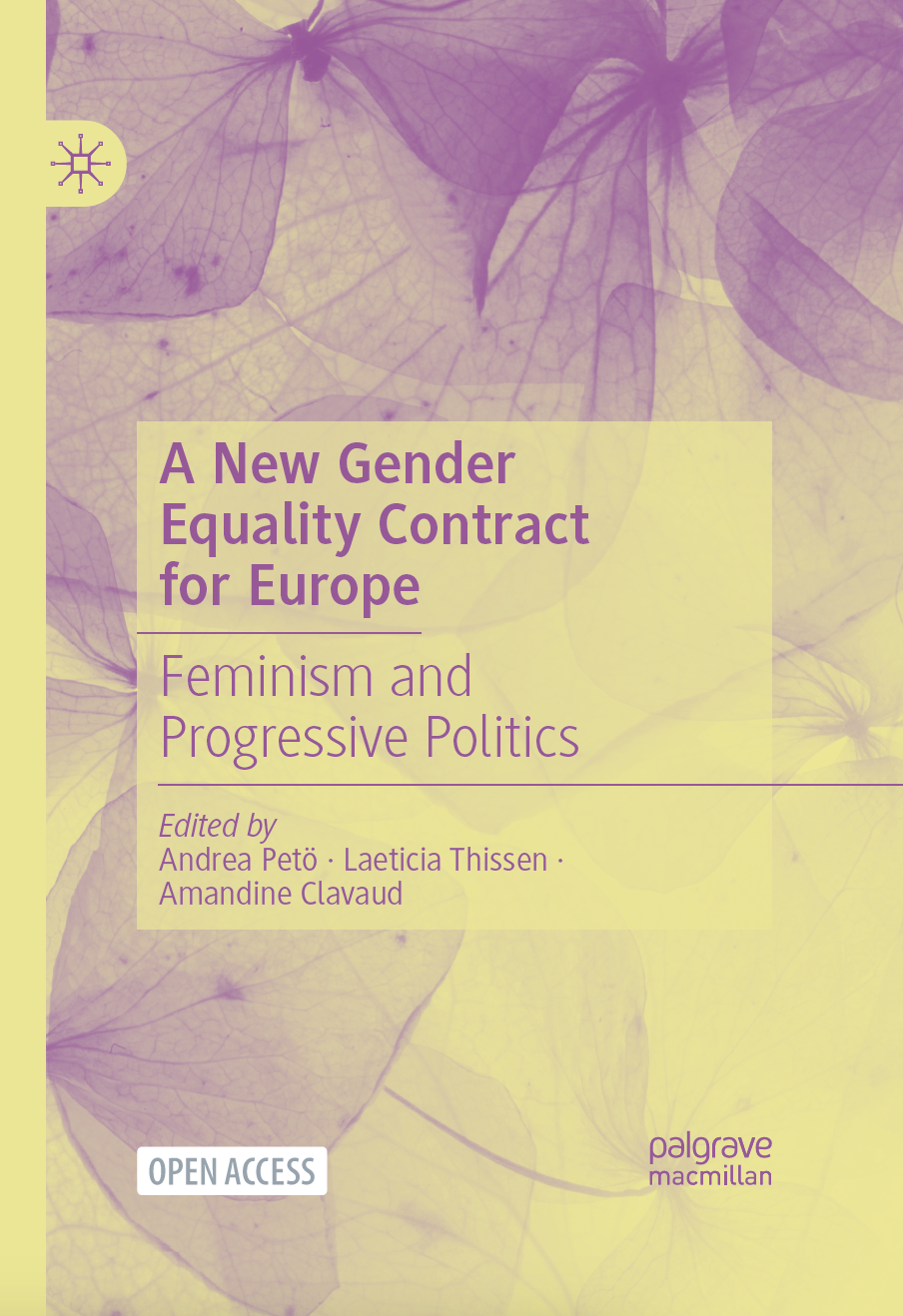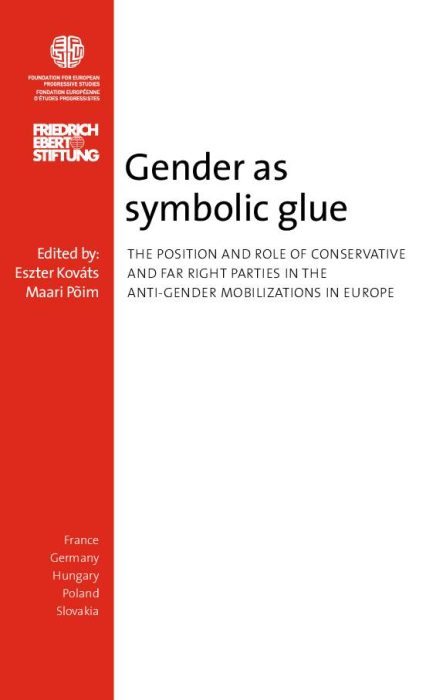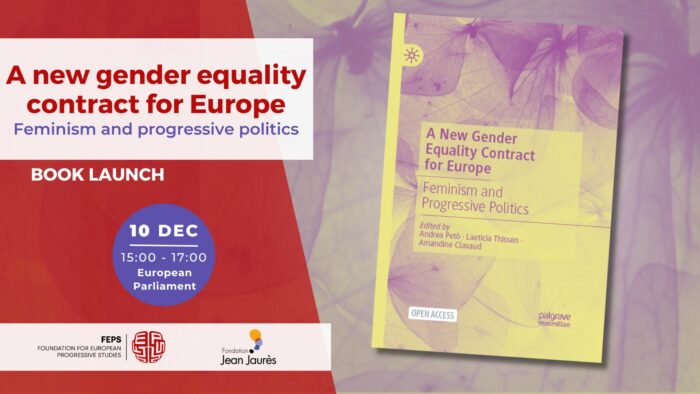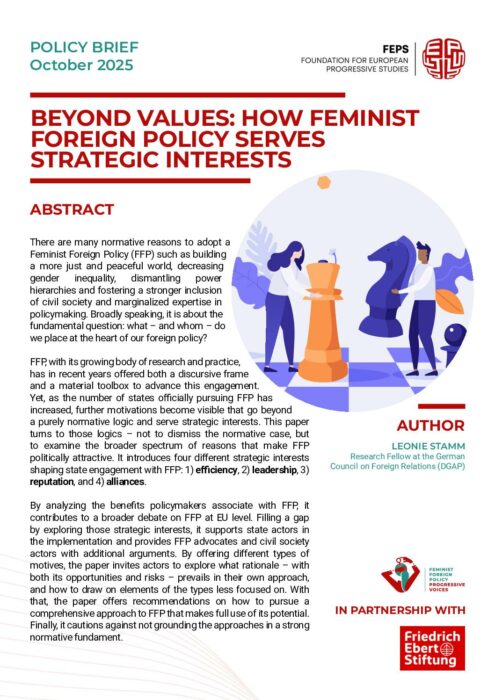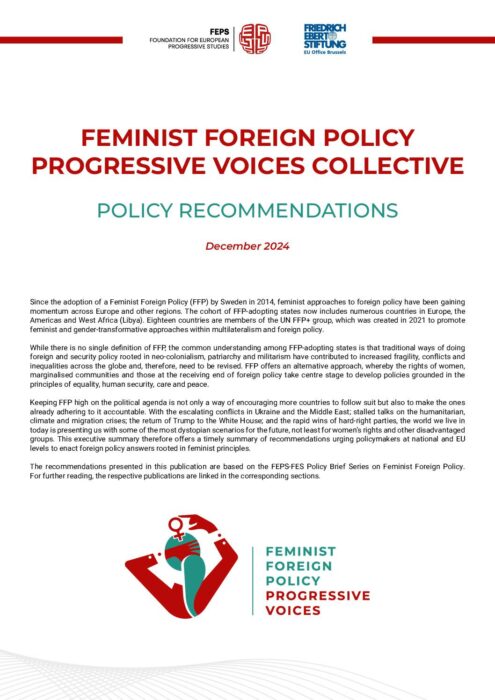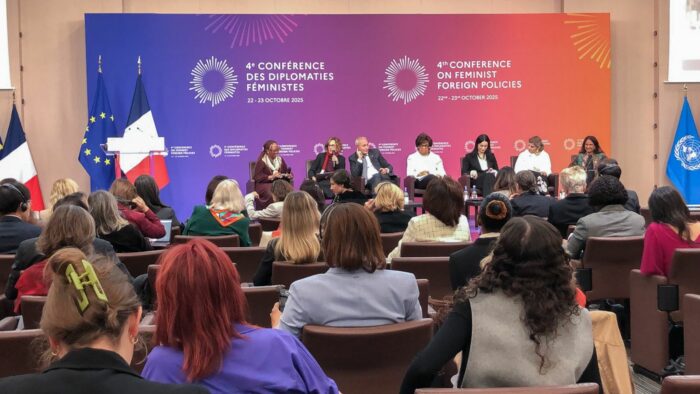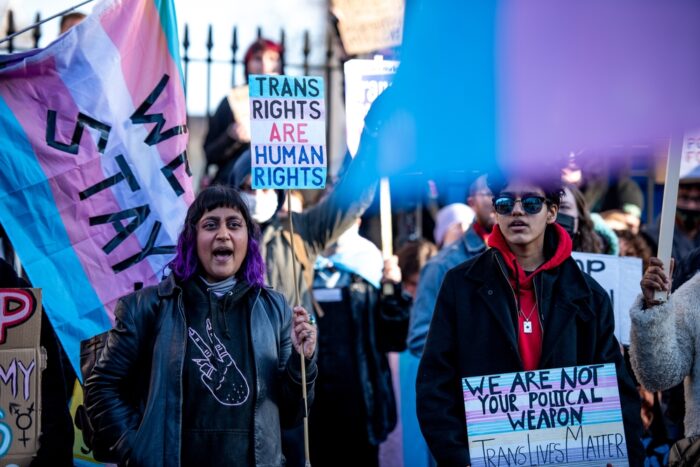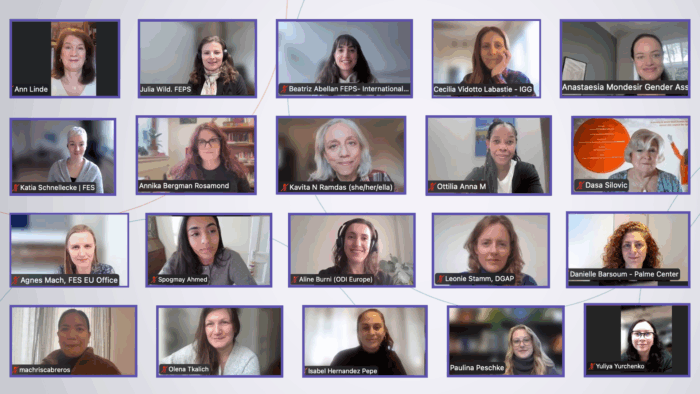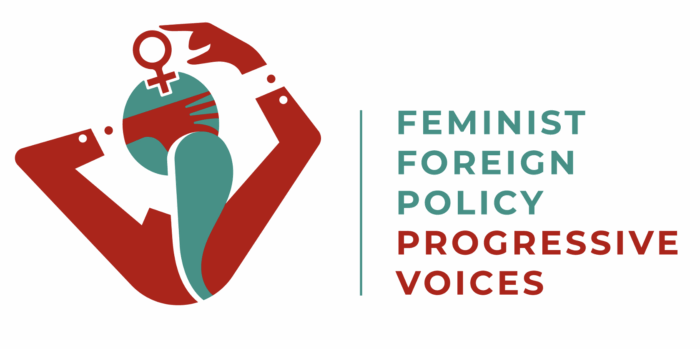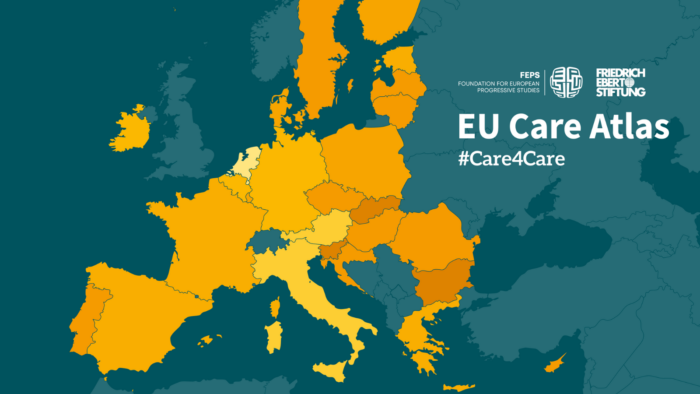Network
Related publications
Related events
Find all related publications
Publications
Find all related Progressive Post
Progressive Post
Find all related events
Events
Past
12/01/2026
Vienna, Austria
01/12/2025
Online (Expert meeting)
23/10/2025
Paris, France (Expert meeting)
Load more...
Find all related Audiovisual
Audiovisual
03/03/2025
03/03/2025
06/12/2024
Find all related news
News
Find all related in the media
In the media

